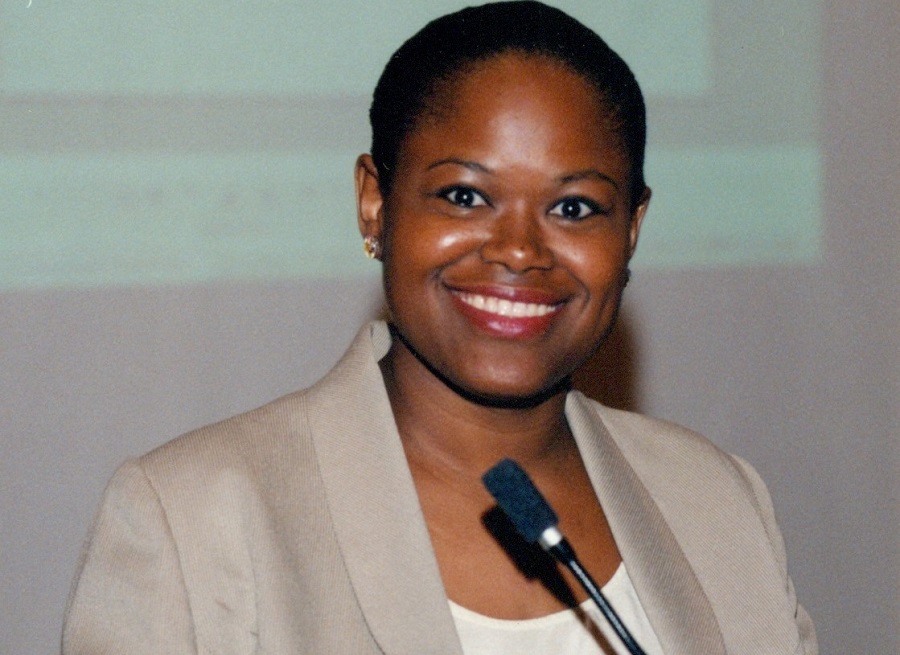‘It shouldn’t take the government years and years to settle a judgment against it when the very judgment was awarded because of inexcusable delay in the first place’
#TheBahamas, January 7, 2022 – The new attorney general Ryan Pinder came out guns blazing according to an Eyewitness News post online on November 1, 2021 with headline UNBUDGETED AND UNFUNDED: AG says judgments against govt ‘have to be paid’.
I could not agree with him more.
I am fully on board with the Attorney General calling out the last administration and exposing its failure to account for $1B in liabilities, including court judgments made against the government.
I would only caution that Sen. Pinder is swinging a double-edged sword. We all know that governments are continuous and it doesn’t matter when the failure started or who was responsible for it; it only matters who stops it and is competent enough to reverse the negative consequences it created.
Although I am optimistic about the pledge of millions of dollars in funding which is claimed to have been provided in the government’s supplementary budget to cover the costs of those judgments, I remain cynical about it.
As we enter the first quarter of 2022, where is the money for these judgments? Who is receiving the favour of priority of payments as so many judgments with real priority remain outstanding while others were hurriedly and quietly paid just before Christmas? Why are the government’s judgment creditors still being told there is no money?
There are judgments for damages which were awarded against the government for its failure and breach of a citizen’s constitutional rights by causing unreasonable delays in the delivery of justice.
Article 20 of the constitution guarantees you a right to a fair trial and a trial within a reasonable time.
A still broken criminal justice system continues to result in protracted delays in matters being prosecuted, delaying in some cases vindication to the accused and the opportunity to get back to some semblance of the life you had before becoming a part of the system.
When you are compensated for this delay a part of the damages is exemplary damage to provide some incentive to the state to provide a criminal justice system where trials are heard in a timely manner. But what is the point of all of this emphasis on speed in the delivery of justice when there is no incentive to pay judgments in a timely manner and no consequences for their failure to do so.
When the government is ordered to pay they should pay and they should pay promptly. As citizens we have to pay utilities or face disconnection of services provided by the government if we are weeks late. As a business owner you can’t get business licenses renewed or a Customs bond renewal if you are a licensed manufacturer under the Act until you pay the government its taxes.
We expect the government also to learn from their mistakes, errors in judgment on flat out breaches of civil rights and liberties. So it shouldn’t take the government years and years to settle a judgment against it when the very judgment was awarded because of inexcusable delay in the first place.
It’s now all out in the open that the past government failed to budget for these judgments. Could this also explain why judgments under former governments also went unpaid for long periods of time, budget after budget after budget?
This type of inexcusable delay is not new. Successful Litigants against the government have been bowing and scraping at the feet of government personnel since time immemorial begging, following up or paying for favour to get money they are lawfully entitled to.
The question for us as citizens is whether any government’s failure to account for debts ordered by the court to pay was willful and contumelious.
Was this failure to settle these judgements tantamount to a system thumbing its nose at the judiciary and also to the Constitution?
To know that a debt had been ordered to be paid by the Court and to have the means and deliberately, willfully and contumeliously fail to make provision to pay would be circumstances for which, if done by an ordinary citizen, would expose him to penalty for Contempt of Court. 
How do we punish this type of Contempt of Court committed by the government of the day? How do we hold government accountable for ensuring that the AG’s emphatic statement that these judgments “have to be paid” comes to fruition? How do we ensure that this government pay judgments and not mere lip service? How does this government avoid getting sliced by the same sword it’s now wielding?
As 2022 rolls in, can we all now expect and demand that all judgments be allocated for in the next and ensuing budgets and supplementary budgets? Can we all now expect them to be paid promptly now that the AG and the PM have exposed this failing of the former government? Can we demand and expect that they will do differently? Is there something else besides advocacy that we in the legal profession can bring to the table to help solve this vexing problem and erase this sore from the health of our legal and judicial system?
Settling judgments should be an urgent priority for this and all governments. Unlike contracts where parties can negotiate themselves into and out of commitments, once the matter becomes a judgment or a court order there is a mandate of one of the three branches of government.
I am grateful that this Attorney General is committed to purging the government’s existing contempt of court in settling its outstanding judgment debts. As an officer of the Court there may be ways that working with the Attorney General can help to bring about reform in a meaningful way. However much of the heavy lifting has to be done internally.
Civil matters go to court that should be settled. Criminal matters are thrust needlessly into the system without ample regard for due process. Money judgments increase exponentially by interest added on with the passage of time. Matters linger in the system too long, and all of this is at the expense of the taxpayer.
These are but a few of the many ways in which delays in the delivery of our system of justice results in justice denied.
So let’s not whine about problems we can fix. Just fix it.
Photo Caption: Senior counsel and former President, Bahamas Chamber of Commerce and Employers’ Confederation Tanya Wright applauds the attorney general for saying judgments against government must be paid, but wants to know where is the money which was promised to pay outstanding judgments, why there are years of delays as lives of those who deserve justice remain upended and what can be done to fix the system. If there is a problem, there is a solution, she says.




 News3 days ago
News3 days ago
 TCI News1 week ago
TCI News1 week ago
 TCI News5 days ago
TCI News5 days ago














